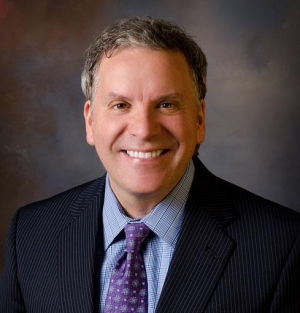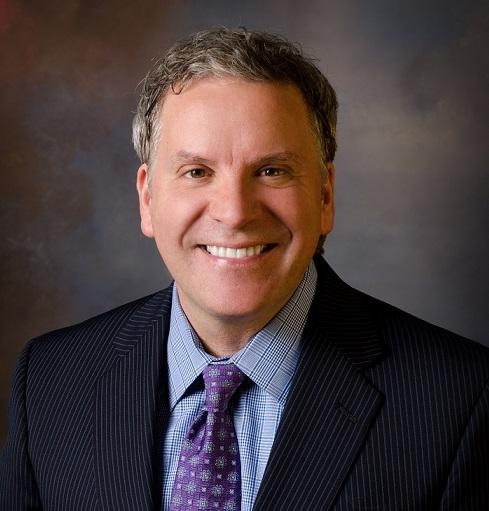This week marks the beginning of a series of articles featuring the accomplishments of our distinguished alumni, and this article is especially timely because this week’s alumnus, Dr. William L. Sparks, has co-authored (with Peter C. Browning) “The Director’s Manual: A Framework for Board Governance,” which will be published in early February by Wiley.
http://www.amazon.com/Directors-Manual-Framew…/…/ref=sr_1_1…
As an undergraduate, Dr. Sparks studied Psychology and the Philosophy of Religion at Winthrop University, and after completing the IOHRM program in 1996, he continued his studies at George Washington University, where he earned a PhD in Organizational Behavior and Development. Over the last twenty years, he has consulted with such high profile clients as Bank of America, the Charlotte Hornets, Duke Energy, the United States Navy, and the Department of Energy, both through his own firm, William L. Sparks & Associates, and through Peter C. Browning & Associates, where he is a managing partner. In 2008, he founded the graduate program in Organizational Development at Queens University of Charlotte, where he currently serves as the Dennis Thompson Chair of Leadership. Concurrently, he is the Vice President of Talent for EnPro Industries, a $1.5B global high-performance engineering and manufacturing company headquartered in Charlotte, NC.
Dr. Sparks’ research interests include leadership, change management, team development, succession planning, group dynamics, and organizational culture, and his upcoming book, The Directors Manual: A Framework for Board Governance, brings these areas of expertise together, offering practical advice on how to select board members, plan for their succession, and manage classic problems arising from group decision making. In anticipation of the book’s publication, the IOHRM program asked Dr. Sparks to share a little bit about his research and professional experience.
Q: What inspired you to write The Directors Manual—why this topic and why now?
A: There is greater interest today in serving as a corporate director than ever before, yet recent corporate scandals and government oversight have created an environment where a “how-to” or user’s guide is needed to provide information and insight. Furthermore, personality conflicts and dysfunctional group dynamics and decision making processes are common problems (e.g., Groupthink, the Abilene Paradox, etc.), making the need for such a book all the more pressing.
Q: What attributes do you think boards should consider when selecting their next chief executive—is it better to build or buy talent for that position?
A: Boards have three primary responsibilities: Do we have the right CEO? Do we have a successor identified? Do we have the right strategy? So, you’ve hit on two key responsibilities. Boards have to balance a very difficult issue—grooming internal talent as a successor and also looking “outside” for a possible new leader. The larger context and current performance should drive succession planning. If the business is in a challenging environment that required a turnaround, an external candidate with a proven turnaround track record may trump internal expertise. On the other hand, if business is running smoothly and the company is trying to transition a developmental culture, an internal candidate may be preferred.
Q: How do you think the IOHRM program prepared you for your doctoral program and career?
A: Great question—in all candor, Dr. Mark Zrull’s Stats class was more challenging than any I had at GW, so that prepared me from a quantitative perspective. Having a master’s in IOHRM was the perfect prep for a doctorate in OB&D. Finally, my internship with Resource Alternatives, Inc., and Dr. Dominic Monetta during my time at App State yielded a very close working relationship and friendship to this day and provided employment during my doctoral studies. All of this, of course, was secondary to the deep, foundational knowledge in interpersonal and group dynamics and change management I gained from the IOHRM Program. Dr. Jim Long, who was Chair of the Psych Department, was a strong advocate for me.
Q: What advice would you give to current students?
A: Work and study hard, make the most of the available opportunities afforded to you—I interned in DC during my first summer and lived at the App House on Capital Hill—and be willing to take risks. Every day we are confronted with a multitude of decisions to make: some small, some major. As Maslow said, we can either make the courageous choice outside of our comfort zone, or retreat into fear. But make no mistake, we do not stand still.

